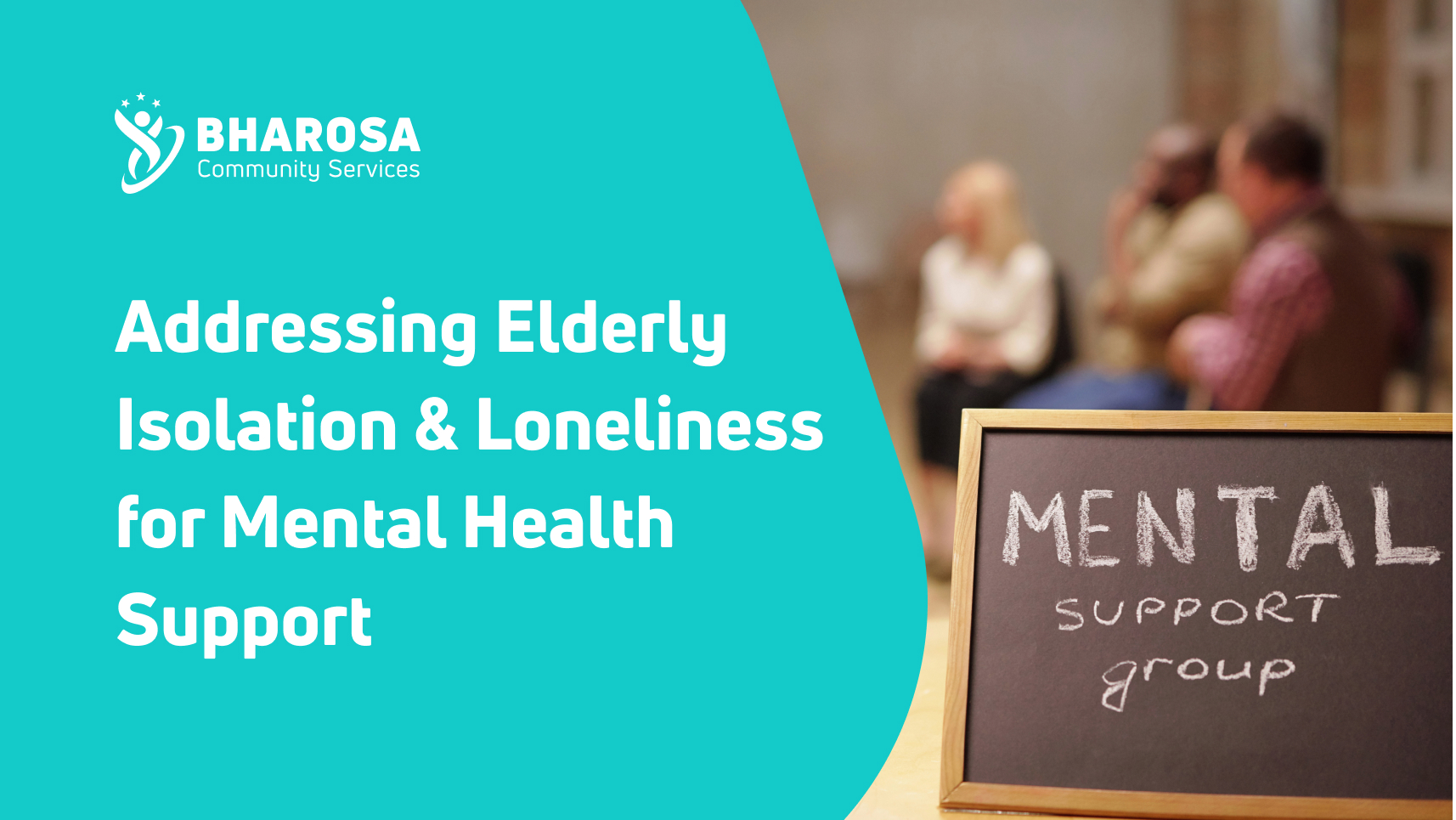As we age, our social connections tend to get low. We may lose friends and family members, retire from work, or become less mobile due to health issues. For many elderly people, this can lead to feelings of isolation and loneliness, which can have a significant impact on their mental health. Fortunately, there are steps that can be taken to address elderly isolation and loneliness and provide mental health support. Here are some ways that can help us understand and address the issues of your loved ones.
Understanding the Impact of Isolation and Loneliness
Isolation and loneliness can have a significant impact on mental health, leading to depression, anxiety, and cognitive decline. As we age, our social support networks tend to shrink, which can increase the risk of social isolation and loneliness. Understanding the impact of these issues is crucial in addressing them.
Encouraging Social Engagement
Encouraging elderly people to stay active and engaged in their communities can help combat isolation and loneliness. This can be accomplished by participating in activities such as joining a senior center, picking up a new hobby, or volunteering for a local charity. They can maintain social connections and a sense of purpose by participating in a men’s club, barbeque event, charity function, going on a trip, sports club, and so on.
Technology for Social Connection
Technology can be a powerful tool for combating isolation and loneliness in elderly people on a regular basis. Platforms like social media, facetime and messaging apps can help elderly people to stay connected with friends and family, even if they are unable to leave their homes.
Community Programs
Community programs such as diversional therapy like art and craft, making friends, Scenic drive, library, music therapy, dance groups, taking out for shopping etc. can also help combat isolation and loneliness. These programs provide essential support to elderly people and can help them maintain their independence and sense of connection with others.
Support Groups
Support groups can be an effective way for elderly people to connect with others who are going through similar experiences. These groups provide a safe and supportive environment where they can share their feelings and experiences with others. Also they talk about elderly life history and their interests, hobbies, and reflections in the living environment. For example, if elderly has background of army then reflects art in the wall of army, photos, memories, families etc.
Therapy for Mental Health Support
Therapy is a form of mental health support that helps individuals deal with various mental health issues. It involves working with a trained therapist who uses various techniques to help the individual manage their emotions, thoughts, and behaviors.
One example of therapy is cognitive-behavioral therapy (CBT), which is often used to treat anxiety and depression. It helps individuals identify negative thought patterns and replace them with more positive, productive ones. Another example is dialectical behavior therapy (DBT), which is often used to treat borderline personality disorder. DBT helps individuals learn coping skills to manage intense emotions and improve their relationships with others.
Encouraging Physical Activity
Physical activity can have a positive impact on mental health and well-being, particularly in elderly people. Encouraging them to engage in regular exercise, even if it’s just a short walk, can help improve their mood and reduce feelings of loneliness. Also,getting physio services at home and getting advice to assess mobility and functional strength. Ensure to have the correct transfer and mobility care plan from the physio.
Addressing Barriers to Social Connection
Finally, it’s important to address the barriers that prevent elderly people from staying socially connected.This can include issues such as mobility limitations, transportation challenges, and financial barriers. By addressing these barriers, we can help ensure that elderly people have access to the support and resources they need to combat isolation and loneliness.
As a result, addressing elderly isolation and loneliness is critical in providing elderly people with mental health support. We can help them to maintain their mental health and well-being by connecting them with allied health specialists like GP,Physio, dietician,nutrition, and mental health consultant if required as they encourage social engagement, regular blood tests and so on.
If you need any kind of information about any services, Bharosa is always available.

